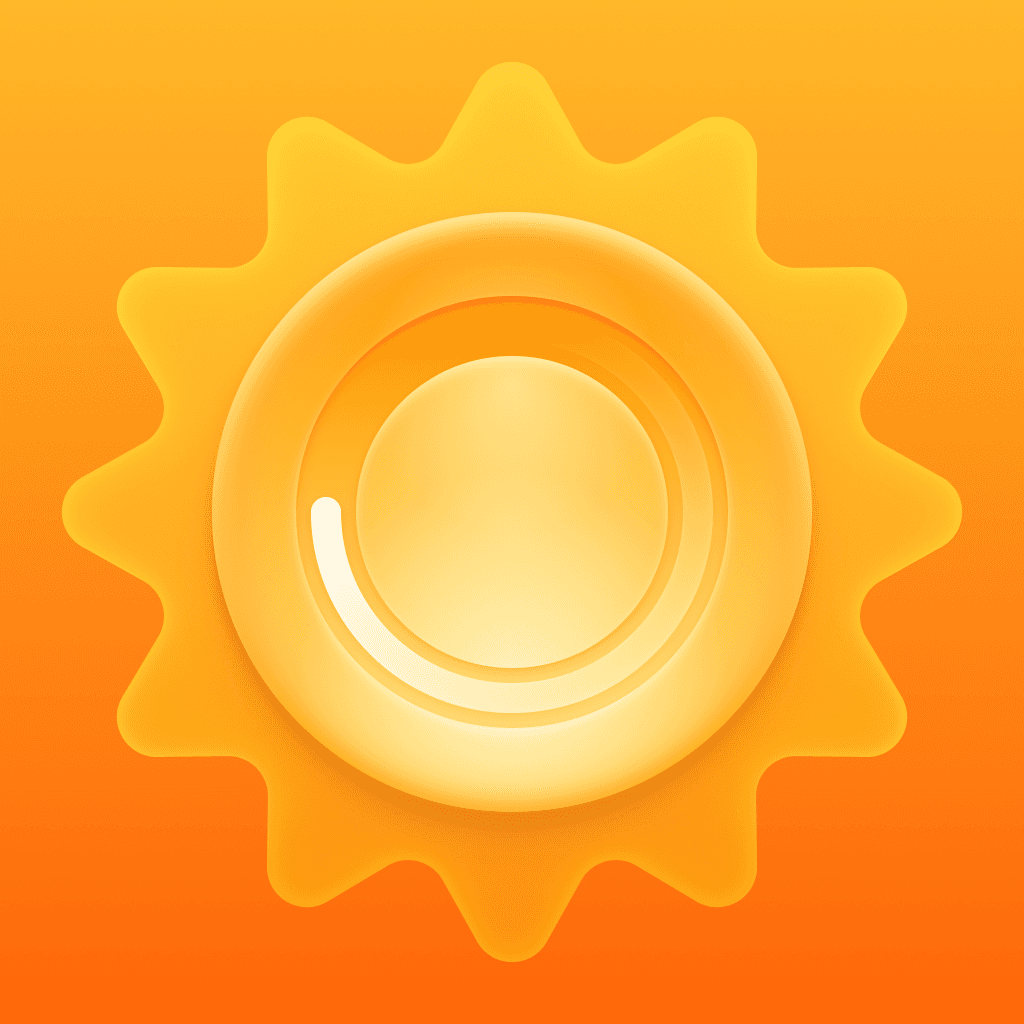
Explore the science-backed benefits of Daily Light Exposure (DLE) with insights from neuroscientist Dr. Andrew Huberman.
For neuroscientist Dr. Andrew Huberman, starting the day right involves stepping outside into the morning sunlight.
This seemingly simple act, known as Daily Light Exposure (DLE), has profound implications for our health and well-being.
Contrary to our habits of reaching for our phone first thing, Dr. Huberman stresses the importance of outdoor light, which provides the necessary brightness to stimulate a cortisol spike for optimal alertness and sleep regulation.
Dr. Huberman advocates for the benefits of DLE, emphasizing the impact of light energy or photons on our eyes. The idea isn't to directly stare at the sun, but to look towards it, particularly when the sun is low in the sky. It's fine to blink, and even on overcast days, exposure to outdoor light is beneficial.
A vital detail about this practice is to do it without sunglasses. Eyeglasses and contact lenses are fine, especially if they have UV protection, as the multitude of light wavelengths from the sun is bright enough to trigger necessary physiological mechanisms. To maximize the benefits, ideally, one should step outside within the first hour of waking.
Why is this practice so critical?
According to Dr. Huberman, the benefits of DLE are firmly grounded in our physiology. Morning sunlight exposure is the most powerful stimulus for wakefulness during the day and has a significant positive impact on our ability to fall and stay asleep at night.
Specific conditions to consider
For those waking up before the sun, artificial lights can provide a temporary solution. However, once the sun rises, natural sunlight becomes imperative for optimal benefits. Artificial light does not suffice to trigger the necessary wake-up mechanisms in our bodies and, conversely, can disrupt sleep if exposed to it late at night or in the middle of the night.
How much DLE do we need?
On clear days, about five minutes of sun exposure should suffice, whereas on cloudy days, this might extend to around ten minutes. For heavily overcast or rainy days, aim for up to 20 or 30 minutes of exposure. However, these are general guidelines and might vary depending on individual sensitivities and geographical locations.
Key takeaway:
Daily Light Exposure is not a luxury but a necessity for optimal health. As Dr. Andrew Huberman emphasizes, this isn't about 'woo biology', but is grounded in solid physiological principles that can have a dramatic impact on our everyday lives.
Get outside, embrace the light, and let your body reap the benefits.


